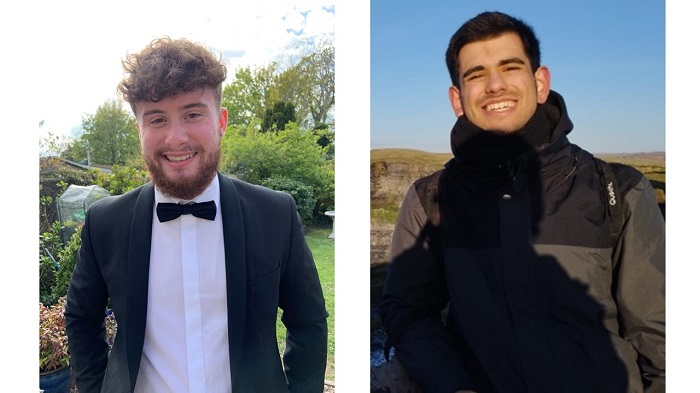Identifying the nature, source and fate of pollutants present in urban surface waters is essential to understand how to best counteract the effects of diffuse pollution in modern cities, which in turn will help to define suitable strategies for designing more sustainable cities of the future following Water Sensitive Urban Design (WSUD) approaches. In this context, the WATERUN project is expected to provide an innovative methodology comprised of identification, planning and risk-based tools and guidelines for more effective management of diffuse pollution in urban waters. Dublin City University (DCU) is part of this 14-partner international consortium set to achieve this goal by the end of the project in 2026, and will be leading WP2.
DCU’s Research Team, based at the School of Chemical Sciences (https://www.dcu.ie/chemistry) and the Water Institute (https://dcuwater.ie/) in Dublin (Ireland), has extensive expertise in the development of sensing technologies and analytical methodologies for determination of environmental contaminants. Therefore, DCU’s contribution to the WATERUN project will be mainly focus on the development of novel, low-cost sensors for field analysis of polycyclic aromatic hydrocarbons (PAHs) and microplastics as a faster alternative to transporting the samples to the laboratory for analysis. PAHs are a result of anthropogenic activities such as the burning of coal, crude oil and wood for industrial processes, motor vehicles and domestic heating. Their expulsion into the atmosphere delivers these mutagenic and carcinogenic substances into urban waters. Likewise, the presence of microplastics in urban waters is a growing problem that has focused the interest of scientists in recent years in an effort to develop more standardised methodologies for environmental monitoring of microplastics as well as more efficient methods for their removal. The on-site monitoring of these substances will allow quick identification of sources and factors influencing their abundance.
The WATERUN project has also been “a fantastic opportunity to recruit young talents to work with us in this exciting project”, said DCU Principal Investigators Dr. Vázquez and Prof. Regan. Caoilte O’Rourke O’Cuirrin, a DCU graduate from the Chemical and Pharmaceutical Sciences BSc programme, joined the project as a PhD student in July 2022 to work on the development of sensors for analysis of PAHs. While Néstor Hernández Alonso, an Erasmus+ Trainee coming from the University of Granada last October, is currently focused on the development of sensors for microplastics.

DCU new recruits: young researchers Caoilte (left) and Néstor (right)
Authors: Mercedes Vázquez, Fiona Regan, Caoilte O’Rourke O’Cuirrin and Néstor Hernández Alonso,
Email: mercedes.vazquez@dcu.ie
Date: 16.02.2023